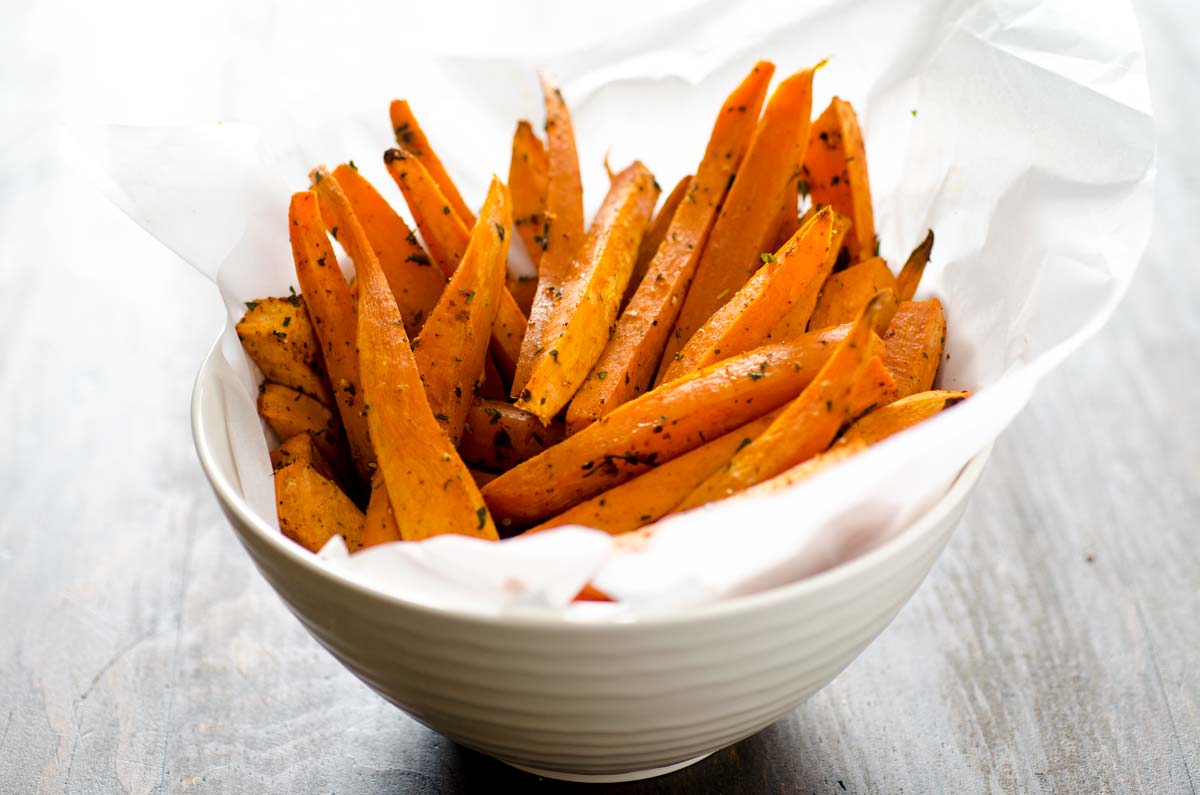So you’re ready to start losing weight: you’re committed to changing your lifestyle, hitting the gym, adopting healthier habits, eating cleaner, and getting enough sleep. Maintaining a healthy weight and shedding kilos during winter can be particularly challenging. But according to Dr Rakesh Gupta, senior consultant, internal medicine, Indraprastha Apollo Hospitals, several effective strategies can help. Also read | Winter foods to boost your health and keep cold away: Why you should eat garlic, ginger, egg, spinach and more
Diet tips to incorporate in your lifestyle
“First, focus on warming, nutrient-dense foods that satisfy hunger while supporting weight loss. Incorporate hearty soups and stews packed with vegetables, lean proteins, and legumes. These filling meals provide essential nutrients while keeping calorie counts reasonable,” he says.
Workout tips to follow
Stay active despite the cold weather. If outdoor exercise isn’t appealing, Dr Rakesh Gupta suggests you develop an indoor workout routine. This might include yoga, bodyweight exercises, or following online fitness classes. “Even simple activities like climbing stairs or dancing to music can help maintain metabolism. Consider investing in basic home exercise equipment like resistance bands or dumbbells,” he says.

How to eat smart
Another tip? Manage winter cravings intelligently. Instead of fighting the natural desire for comfort foods, create healthier versions of winter favorites, suggests Dr Rakesh Gupta. Try baked sweet potato instead of regular fries, or make hot chocolate with unsweetened cocoa powder and a natural sweetener, but keep portions controlled and mindful.
Maintain daily fluid intake
Hydration remains crucial in winter, though we often forget to drink enough water when it’s cold. Dr Rakesh Gupta says, “Warm water with lemon, herbal teas, and clear broths can contribute to daily fluid intake while providing warmth. Proper hydration helps distinguish genuine hunger from thirst.”

Be mindful of emotional eating
Combat seasonal affective disorder (SAD), which can trigger emotional eating. “Maintain regular sleep patterns, get exposure to natural light when possible, and consider using a light therapy lamp. Regular social connections, even virtually, can help prevent isolation-induced snacking,” Dr Rakesh Gupta says.
Shopping tips
He adds that you should plan meals ahead of time to avoid impulsive food choices. Keep healthy snacks readily available, such as roasted nuts, cut vegetables, or fruit. When grocery shopping, focus on the perimeter of the store, where fresh, whole foods are typically located, Dr Rakesh Gupta says.
“Remember that weight loss should be gradual and sustainable. Aim for lifestyle changes that can be maintained long-term rather than extreme measures. Small, consistent steps toward better habits often yield better results than drastic short-term changes,” he adds.
Disclaimer: This article is for informational purposes only and not a substitute for professional medical advice. Always seek the advice of your doctor with any questions about a medical condition.


